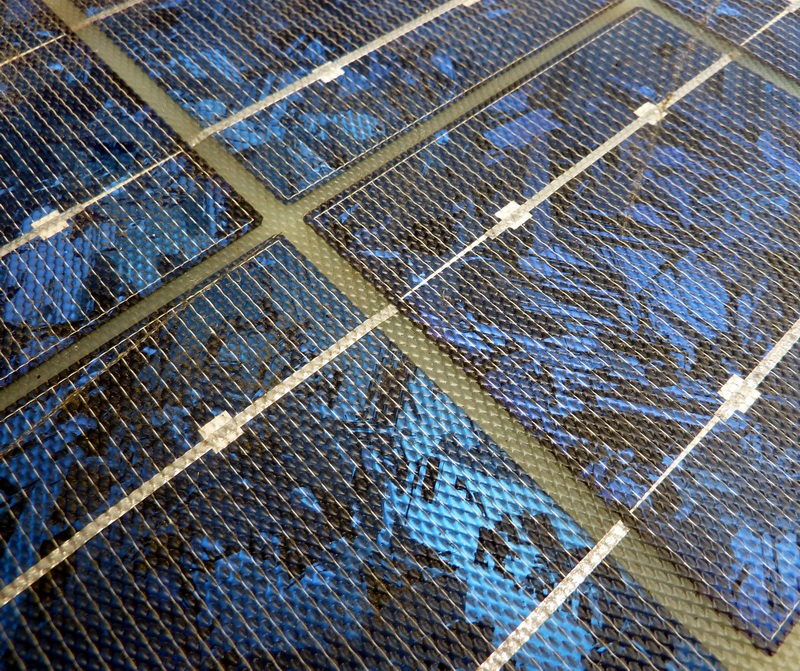Taiwan's Ministry of Science and Technology (MOST) has announced that the National Central University's Photovoltaic Efficiency Verification Laboratory (PVEVL) has improved its ability to test the performance of solar cells by introducing new verification and procedures for what it calls “new-generation light-driven photovoltaics” (NLPV), which include organic, perovskite and quantum-dot solar cells.
“NLPV can serve as power for sensors and transistors of the Internet of Things (IoT) under room-lighting,” the ministry said. “Therefore, to be able to evaluate precisely the photovoltaic performance of NLPV is very important for the application of this new PV technology.”
The government added that indoor low-light power generation can also be combined with the IoT to create smart homes, which is said to be one of the most important technological developments in the country's future.
The PVEVL facility, which has been conducting performance tests on crystalline silicon cells with the support of Japan's National Institute of Advanced Industrial Science and Technology (AIST) since 2014, said its certified results have been recognized by the National Renewable Energy Laboratory (NREL) in the United States and the European Solar Test Installation (ESTI) at the European Commission's Joint Research Centre (JRC) in Italy.
Popular content
“The members of PVEVL also actively serve the PV community using their knowledge, with help from the IEC and SEMI, to set new standards for PV performance measurements and related equipment,” the MOST stated.
In late 2017, the PVEL was accredited by the Taiwan Accreditation Foundation (TAF) as the country’s first ISO/IEC 17025-certified solar cell calibration laboratory. The accreditation was also validated by the International Laboratory Accreditation Alliance (ILAC) and the Mutual Recognition Agreement Mark (MRA Mark)
The PVEVL is also cooperating with the Swiss Federal Institute of Technology in Lausanne (EPFL), which has been conducting research on perovskite and innovative materials for PV cells, including the creation of a method to standardize the measurement of stability and degradation in perovskite solar cells, as well as a process to stabilize perovskite solar cells with guanidinium, among others.
This content is protected by copyright and may not be reused. If you want to cooperate with us and would like to reuse some of our content, please contact: editors@pv-magazine.com.



1 comment
By submitting this form you agree to pv magazine using your data for the purposes of publishing your comment.
Your personal data will only be disclosed or otherwise transmitted to third parties for the purposes of spam filtering or if this is necessary for technical maintenance of the website. Any other transfer to third parties will not take place unless this is justified on the basis of applicable data protection regulations or if pv magazine is legally obliged to do so.
You may revoke this consent at any time with effect for the future, in which case your personal data will be deleted immediately. Otherwise, your data will be deleted if pv magazine has processed your request or the purpose of data storage is fulfilled.
Further information on data privacy can be found in our Data Protection Policy.